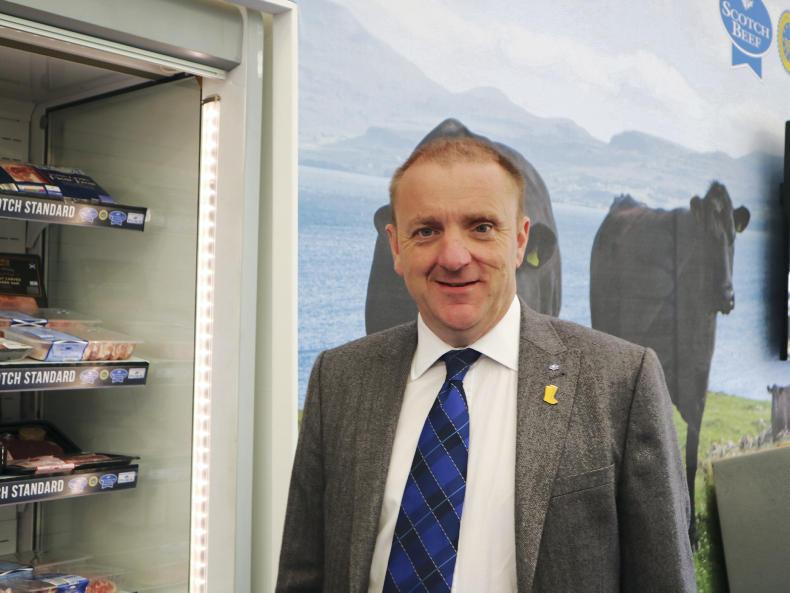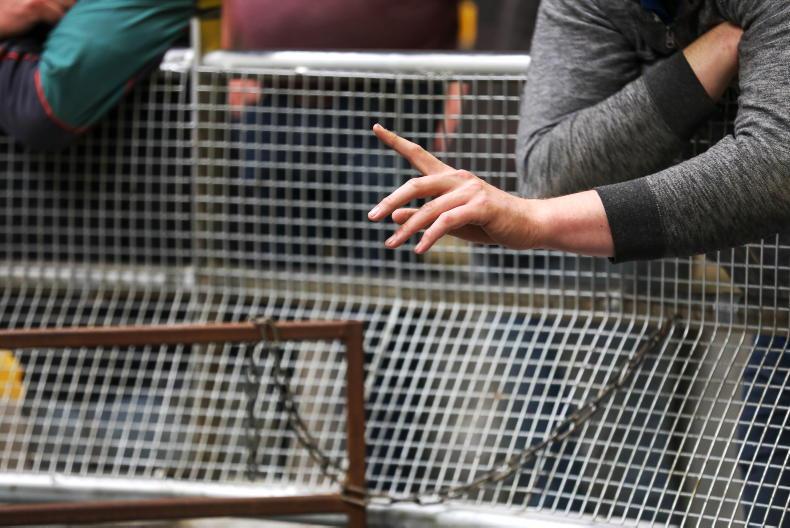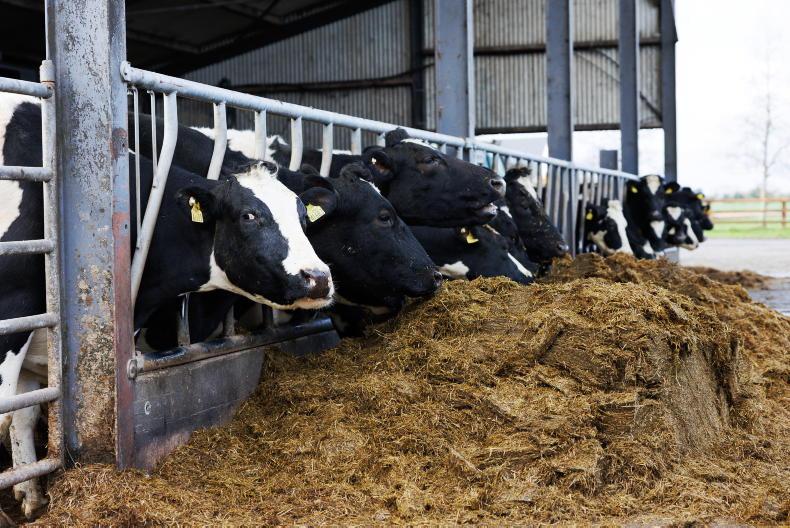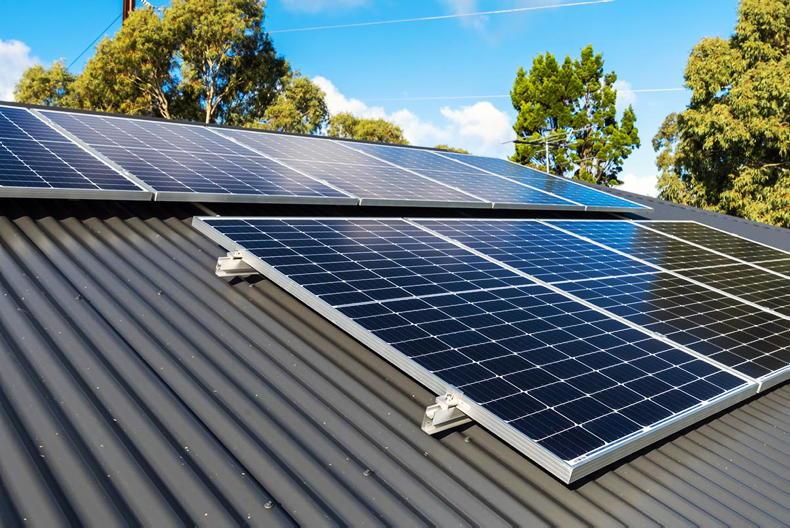Jim McLaren used his last Highland Show as chair of Quality Meat Scotland (QMS) to challenge the industry on the dangers posed by the climate change bill to the livestock sector.
If the country is to hit a net-zero carbon emissions target by 2050, it would mean the end of viable livestock farming in Scotland according to McLaren who referenced a recently published Scottish Government report.
“Setting a legal net-zero target now would require 16,000ha of woodland planting per year, the use of GM crop technology and zero livestock production,” Mr McLaren warned.
He went onto criticise the method of measuring emissions from agriculture, calling them “not fit for purpose”. The majority of emission reductions so far have been due to reduced livestock numbers.
“At the very core of every emissions reduction measure is the reduction of waste and the more efficient utilisation of all resources.
“This includes improvements in animal health and welfare, increased conception rates, more efficient use of artificial fertilisers through soil testing and targeted lime application and better use of grazed grass.
“Yet under the current method of assessing emissions, every one of these measures increases the carbon footprint of agriculture – despite the fact we all know that they are greatly reducing the emissions per unit of production,” said McLaren.
Cabinet Secretary for the Rural Economy and Connectivity Fergus Ewing, who also spoke at the same event, welcomed the views of the QMS chair and stated he was personally in agreement with a number of his points.
However, others in the sector are more keen to farming to hit a net-zero target by 2050. Laura Stewart, director of Soil Association Scotland said: “In March, Soil Association Scotland joined 50 NGOs, farmers and rural groups in signing Scottish Environment Link’s call for a carbon-neutral, resilient farming sector by 2050.
“Carbon-neutral farming systems deliver a range of public benefits such as flood prevention, enhanced biodiversity, clean air and water and greenhouse gas emission reduction; whilst making farms more resilient to climate impacts, creating employment, increasing farm profitability and supporting rural economies.
“We believe climate change mitigation and farm profitability need to be promoted as mutually supportive objectives.”








SHARING OPTIONS